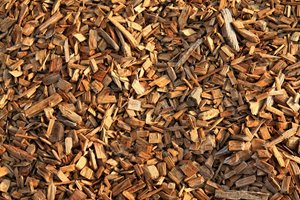Separation, fractionation, and purification of wood, agricultural, and marine cellulose: This involves separating, fractionating, and purifying cellulose from various sources such as wood, agriculture, and marine organisms. The process may involve breaking down the raw materials into their components to obtain purer cellulose. This can include techniques such as mechanical disintegration, chemical treatment, or enzymatic breakdown.
Improved yield: By improving the yield, the amount of high-quality cellulose extracted from the raw material increases. This can be achieved by optimizing processes to minimize losses and maximize the yield of useful cellulose fractions.
Designing cleaner processes for the future: Designing cleaner processes involves minimizing or eliminating the use of environmentally harmful substances and energy-intensive processes. This may include transitioning to renewable energy sources, using biodegradable chemicals, and reducing waste and emissions.
Improved separation and purification efficiency: By improving the efficiency of separation and purification, the process can be optimized to obtain higher purity levels and more homogeneous products. This can include using advanced separation methods such as membrane technology, ion exchange, and chromatography.
Digitalization and simulations: Using digital tools and simulation programs to model and optimize processes before implementation on a large scale. This can help identify potential bottlenecks, predict performance, and streamline process flow.
Characterization of raw material and product variations: This involves carefully analyzing and characterizing both raw materials and products to understand their composition and properties. This can include using advanced analysis methods such as spectroscopy, microscopy, and chemical analysis to ensure the quality and consistency of the resulting products.

